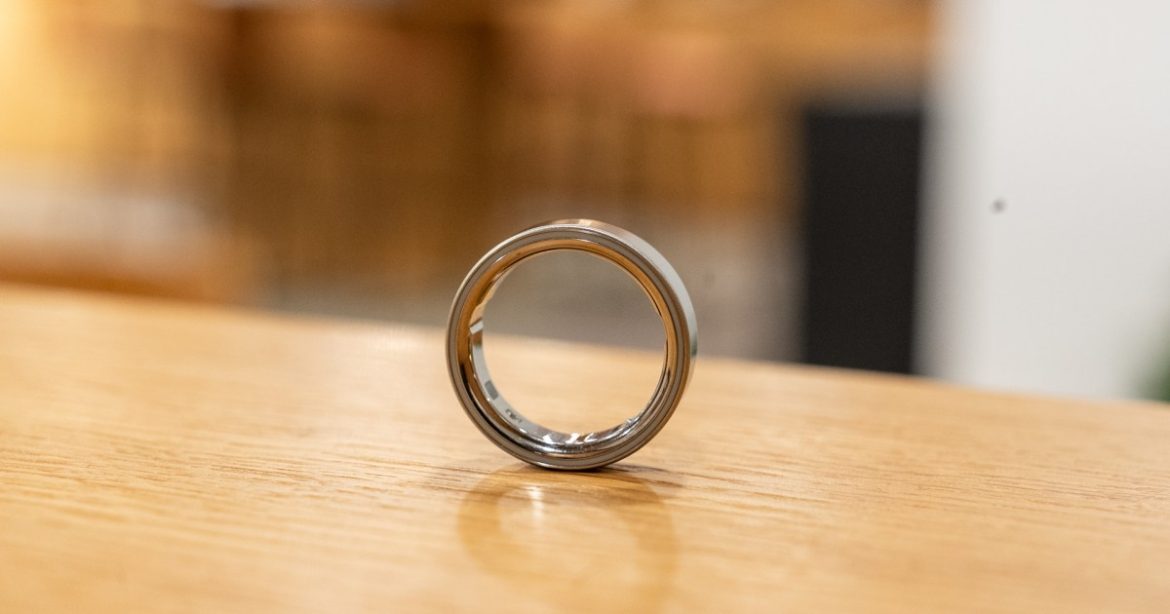Since I had a heart attack four years ago at the age of 33, the Oura Ring has been a trusty sidekick for managing my health. First, it was the Oura Ring 2, and a few months later, the Oura Ring 3 became my go-to when it launched three years ago.
That’s changed this year as every company competes for a spot on our best smart rings list. The number of smart rings has grown exponentially this year, and many companies are launching first-generation or second-generation smart rings — offering viable alternatives to Oura. The company’s answer? The Oura Ring 4.
I’ve been extremely excited for the Oura Ring 4 to land, and it’s delivered on many of my expectations. However, while the Oura Ring 3 was the standard-bearer, the Oura Ring 4 doesn’t nail every part of the experience. It’s arguably the best smart ring now, but it could be exponentially better if Oura had improved one key area. Let me explain.
-
The hidden benefit of wearing smart rings
-
The Galaxy Ring 2 could fix the biggest problem with the device
-
I’ve worn the Oura Ring 4, and I’m conflicted about it
Why I like the Oura Ring 4 so much

The Samsung Galaxy Ring appealed to me because it solved my biggest complaint with the Oura Ring 3: the dome-like sensor housings on the inside of the ring. Since my heart attack, I have frequently suffered from swelling in my fingers, and the Oura Ring 3 was uncomfortable and borderline unwearable at times.
The Galaxy Ring solved this problem with smaller sensor domes, and its concave design has also made it extremely comfortable to wear for long periods. Oura recognized the domes were a problem, so the Oura Ring 4 uses a new embedded sensor design without domes. The result is one of the most comfortable smart rings there is.

The upgraded design is a great improvement, and not one that’s gone unnoticed. However, I’ve tried most of the best smart rings, and there’s one big feature that I wish Oura had improved.
As I write this in Washington D.C., my Oura Ring sits in my bag as I leave the charger behind. Oura may have extended the battery life of the Oura Ring 4 over the Oura Ring 3, but it failed to address the other elephant in the room: its charging solution.
The one big thing Oura forgot to improve

To be fair, Oura did address its charging solution this year. It redesigned the included charging plinth, making it square and constructing it from titanium (as opposed to plastic with the Oura Ring 3). It also still charges your Oura Ring 4 wirelessly. The Oura Ring 4 itself is lighter and thinner, and the battery lasts more than a full day longer than that of the previous generation. That should be enough, right?
On its own, it would be easy for that to be enough — except for two key competitors. As we didn’t know we wanted a capacitive touchscreen with apps until Apple made it, I didn’t know I wanted a portable charging case for my smart ring until Samsung made one. It’s a big deal, and it’s a significant omission from the Oura Ring 4.

The charging case is a big part of the appeal of the Samsung Galaxy Ring, and it provides enough juice to more than double the battery life of your Galaxy Ring. The key thing that makes it appealing is that it’s an enclosed solution that makes it easy to transport the smart ring. As I’ve gone through airports with a drained Oura Ring 4 — and watched carefully to make sure it didn’t fall out of the pocket in my bag — I longed for an easy way to charge and carry it.
My Oura Ring has drained to empty during my eight-day trip; my Galaxy Ring is fully charged after just two hours in the case, which is the ideal place to store it when I’m not actively wearing it. The Oura Ring 4 is rated as offering up to eight days’ battery life, with no way to expand this through a charging case. As you’ll see, the competition has Oura beat. The Galaxy Ring lasts between seven and eight days on a single charge — based on the ring size — and a fully recharged case can charge your ring up to two times in full. That means up to 24 days on a single trip.

And it’s not just Samsung that Oura has to contend with. RingConn’s first-generation smart ring was affordable, but the RingConn Gen 2 is stylish, feature-rich, and premium. It offers most of the same features as the Oura Ring 4 — plus sleep apnea detection — while also delivering up to 12 days of battery life. If that’s not enough, the included charging case can hold between 15 to 20 full recharges.
Oura missed an opportunity to elevate its approach to battery and charging, and instead, it makes me actively consider other alternatives.
A mostly great experience with one drawback

That aside, however, the Oura Ring is extremely impressive. The data is second to none and Oura’s redesigned app makes most things easy to find. There are still far too many menus and layers, but it’s vastly improved over past attempts.
ot beyond the feature-rich app, and you’ll find a true technology companion that’s ready for anything that life throws your way. The Oura Ring 4 is staying on my finger, and it’ll take a polished and near-perfect smart ring to challenge that position, even with a proper charging solution.




